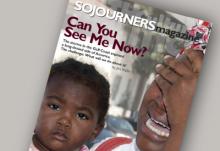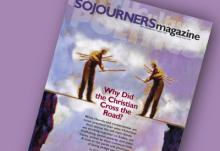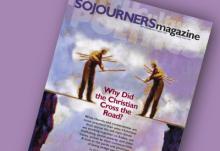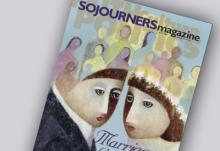Whether founding schools or fixing toilets, Nelson good embodied community and faithful living.
Feature
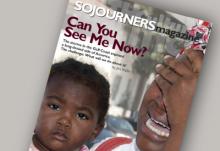
The author of more than 40 books of fiction, poetry, and essays muses on farming as a writer and writing as a farmer.
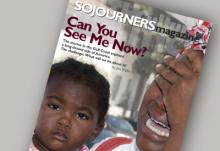
A trip to Africa produces a holy shake-up, and a new tune, for Jars of Clay.
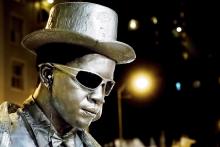
To sing or to die: now I will begin. There’s no force that can silence me. —Pablo Neruda, “Epic Song”
In a world so torn by poverty and war, perhaps music can seem like a secondary concern. But as Christians know so well, music feeds the spirit, comforts the downtrodden, strengthens the weary, and can give words a power they do not possess on paper. Imagine life without your favorite hymn or the song that safely channeled your teenage rebellion, or the anthem of peace or protest that still stirs you. Imagine life without Bach or Handel, or Neil Young, or Billie Holiday singing “Strange Fruit” (dismissed in its day by Time magazine as “a prime piece of musical propaganda”).
Imagine if someone literally took away your song. Wouldn’t you hunger for it like bread?
When a government or powerful religious or ethnic group tries to turn off the music, the stakes are high. Music is another way to hear the news and a means to find common passion between very different peoples. In this way silence, or a restricted diet of state-approved tunes, can diminish us. But the more immediate and sometimes tragic cost is borne by the artists around the globe who have faced intimidation, loss of livelihood, imprisonment, torture, and even death for recording, performing, or distributing their music:
- South Africa revoked singer Miriam Makeba’s citizenship and right of return after her 1963 testimony about apartheid before the United Nations.
- Populist Chilean folk/political singer and songwriter Victor Jara was one of several musicians who supported the successful 1970 campaign of Salvador Allende to become president of Chile. When a 1973 military coup overturned the Allende government, Jara was among the thousands of citizens subsequently tortured and executed. His torturers reportedly broke his hands so that he couldn’t play his guitar; his final lyrics, written on scraps of paper during the few days before he was killed, were smuggled out by survivors.
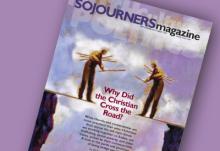
Conflict may be an inevitable part of life, but how you deal with it isn't. Many schools are teaching a better way.
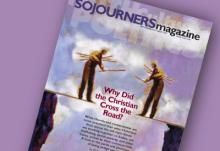
Sex trafficking is big business - and the root of that business is closer to home than you might think.
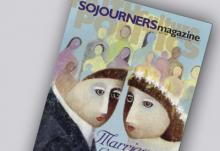
An interview with South Africa's Anglican Archbishop Njonkulu Ndungane on Oprah, AIDS, and how Christians are battling international debt.
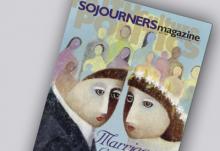
A Nicaraguan church helps its community build for the future.
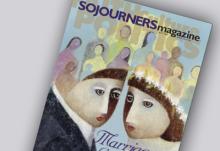
Uncut Sojourners interview with Desmond Tutu's successor, South African Archbishop Njonkulu Ndungane.

Why God's abundant life won't fit in a shopping cart, and other mysteries of consumerism.

